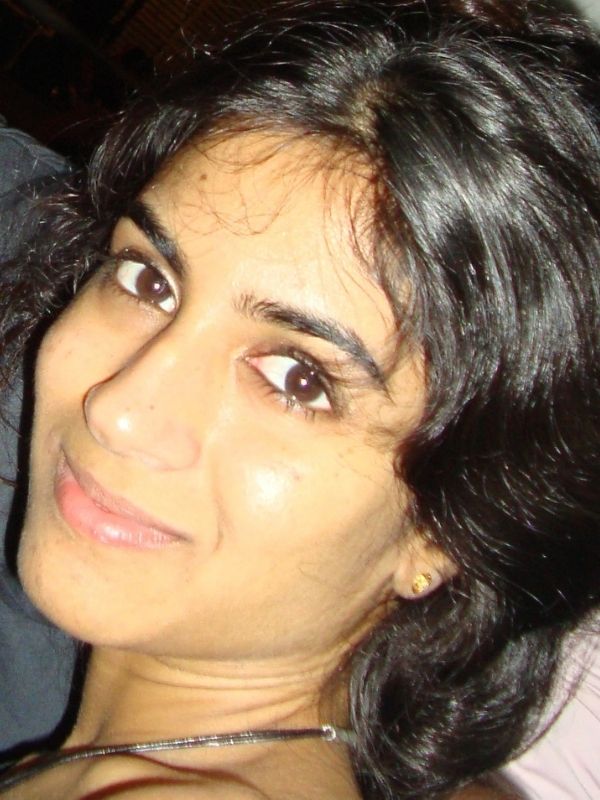Finding the Form with Yohani Mendis
By Yohani Mendis
After a decade-long hiatus from the writing practice, I didn’t think too deeply about craft and structure when I began this piece. I focused on the characters and scenes, as one might do with fiction. Several years ago, I took a Diaspora and Transnational Studies class, and a concept from an academic paper I read has stayed with me since. An essay by Aihwa Ong described “astronauts” as father figures in constant orbit between managing a family abroad and earning an income in the homeland. It always amazes me how so many people I meet from the wider Asian diaspora can connect to this seeming lack of connection—one of a globalized, oftentimes fragmented family unit. This was the seed from which my creative non-fiction piece grew.
“The economic migrant story often comes as a result of centuries of colonial undoing and political upending in the homelands.”
While writing about family history and dynamics, I knew I did not want to impose blame or judgement on any family member. I wrote in such a way as to avoid that. The economic migrant story often comes as a result of centuries of colonial undoing and political upending in the homelands. I wanted the piece to acknowledge that history as well. At the same time, I wanted to angle my family’s story not as something set in the past, but continuing indefinitely into the future. This is where I experimented, blending the personal essay with themes one usually sees in science fiction. I had recently watched 2001: A Space Odyssey and, already familiar with Clarke’s legacy in Sri Lanka, saw the opportunity in dovetailing his work and life with my family’s story. It was a lot more of a braided essay in the earlier drafts; I ended up removing large sections of his life from the picture. After all, the focus is ultimately on family, in all its unorthodox and unexpected and adapted forms.
The first people who workshopped this piece asked me whether it was fiction. I tend to write with a lot more Show than Tell in my non-fiction; I suppose this fact, combined with writing about spaces and events that might be alien to the general Canadian reader, give the piece a fictitious feel. Every bit of it is true (or I wouldn’t have submitted it for a Personal Essay Contest!). My aim was to keep it open-ended, but also to evoke a sense of empathy and connection through truth telling. It would be enough if I managed to do that.

Yohani Mendis is a Toronto-based emerging writer. Her writing has appeared or is forthcoming in Watch Your Head, This Magazine, and Best Canadian Poetry 2021. She works at Brick, A Literary Journal.

